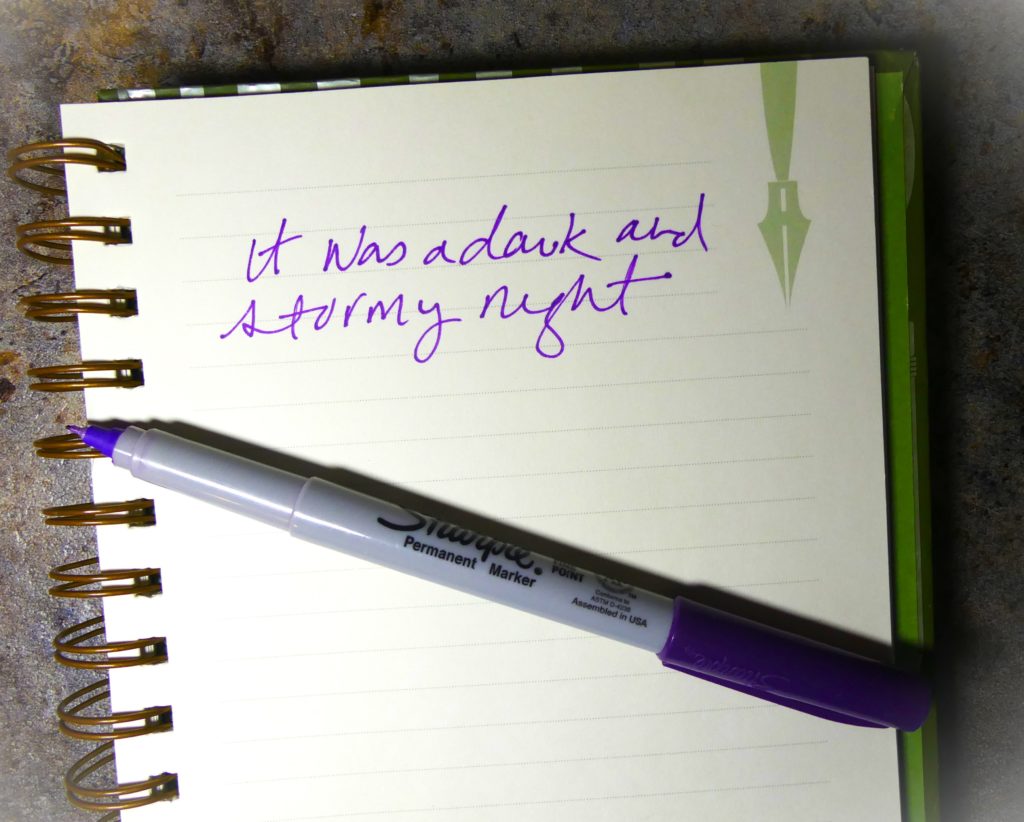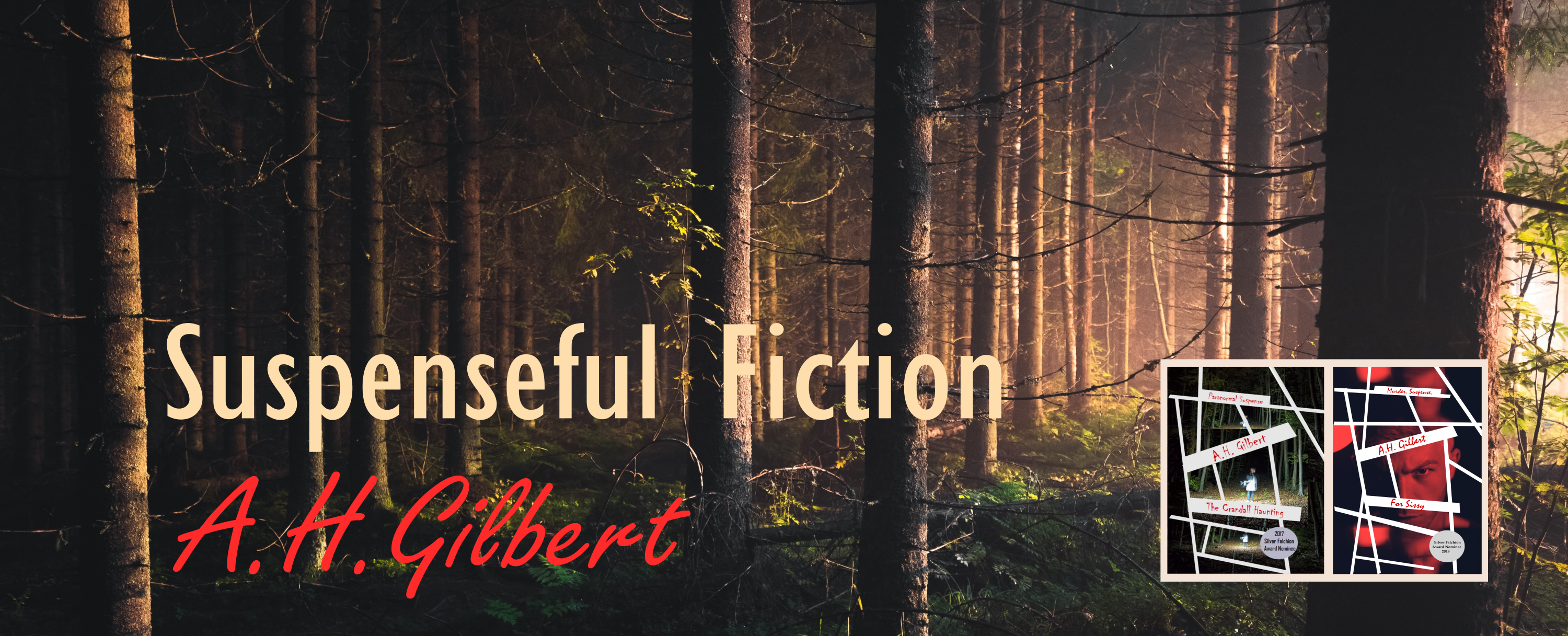
“It would be another thirty minutes before they found the bodies.”
That’s the first line of the second book in my mystery series. I like that line. I’ve been revising and improving the manuscript this week, but I’m leaving that line alone.
A lot of weight is placed on first lines, the opening one or two sentences that introduce your book to a reader. So much weight is assigned, in fact, that hundreds of articles have been written about how to write them, why they’re important, highlighting their daunting gravitas. They are designed to draw readers in, to entice them into reading further by setting the tone of the book by saying, “Yes, you should! Come along! Keep reading!”
When I was thinking about first lines yesterday, I discovered an entire hashtag called #firstlinefriday devoted to this very topic. A search will bring you hundreds of articles written about first lines. For those seeking inspiration, there are plenty of AI generators—both primitive and cutting edge—that will suggest first lines, although I can’t call them great. In fact, when I asked the notorious Chat GPT4 for ten great opening lines for a murder mystery, all of the lines it suggested would be enough to make a writing teacher feel such despair she might switch to freshman math. Among them was this gem: “The victim was a beloved member of the community, and the entire town was in shock as they tried to unravel the mystery of their death.”
I’m not afraid of first lines, but I do think about them. I want them to make readers’ eyes move to the second, then the third. I want readers to feel curious, to suspect something interesting and compelling is happening here. Because when writers publish a book, we are asking for a considerable time commitment from readers, and that first line will help them decide if it is worth investing those precious hours.
It’s fun to go into a bookstore, virtual or not, and look at first lines. Here are some opening lines from books I admire:
- “When Augustus came out on the porch the blue pigs were eating a rattlesnake—not a very big one.” Lonesome Dove by Larry McMurtry,
- “It was a slow Sunday afternoon, the kind Walden loved.” The Man from St. Petersburg by Ken Follett
- “It was raining in Richmond on Friday, June 6,” Postmortem, by Patricia Cornwell.
- “There’s this song that keeps coming on the radio, but Holly can only ever catch bits of it.” The Secret Place by Tana French.
- “Monday morning. Arrested by a pile of papers.” A Question of Guilt by Frances Fyfield.
On the other hand, my technique for choosing a new book is to open it somewhere in the middle and read a couple of paragraphs. I figure that everyone polishes those opening pages to a high shine, but if the rest of the pages are dull, I’m out.
In case you’re curious, here are the opening lines of my other books:
- “Her Nini was 160 miles away, unconscious in a hospital with a cracked skull. Between them, this damned bridge stretched long across the darkness.” The River Answered
- “The diamonds didn’t start the trouble. The possibility of diamonds did.” The Crandall Haunting
- “Martin paused in his work. Why did that little girl look familiar?” For Sissy
A great first line won’t guarantee a book’s success, but it’s fun to think about successful books and the allure of those few words.

Recent Comments